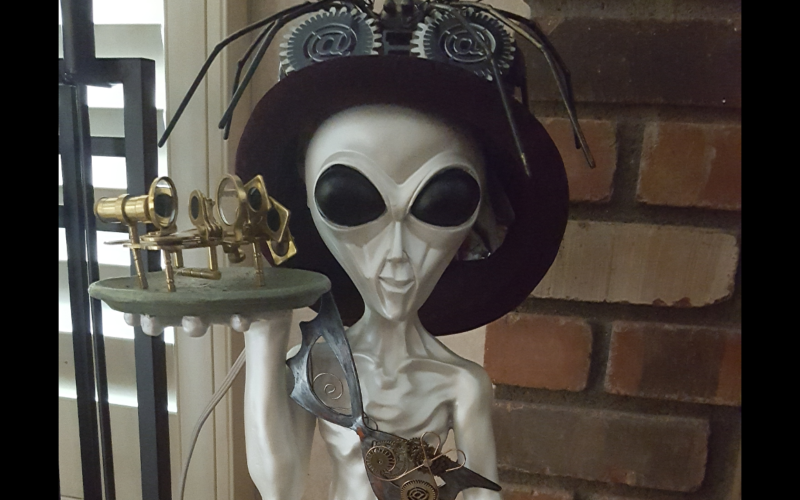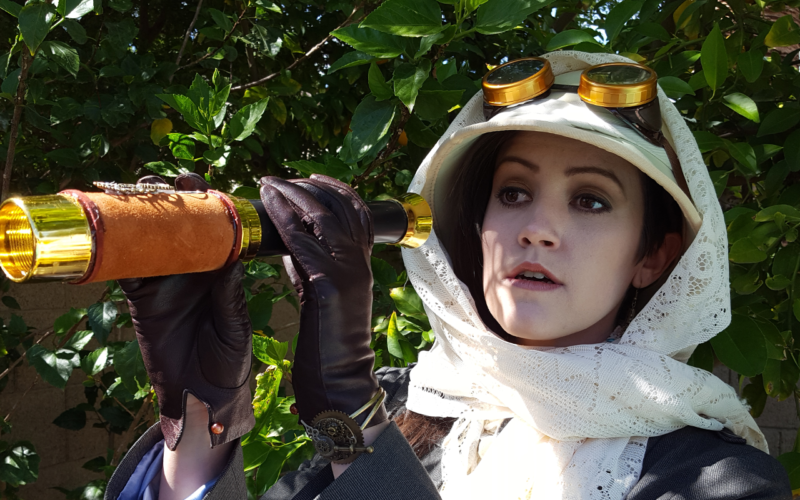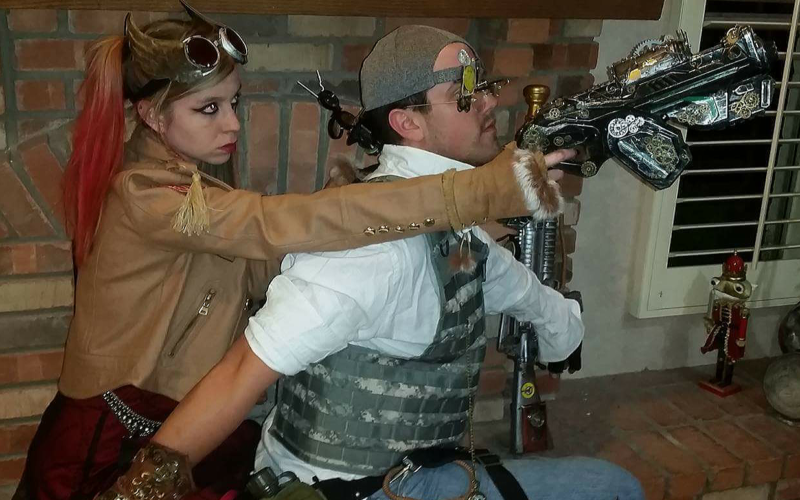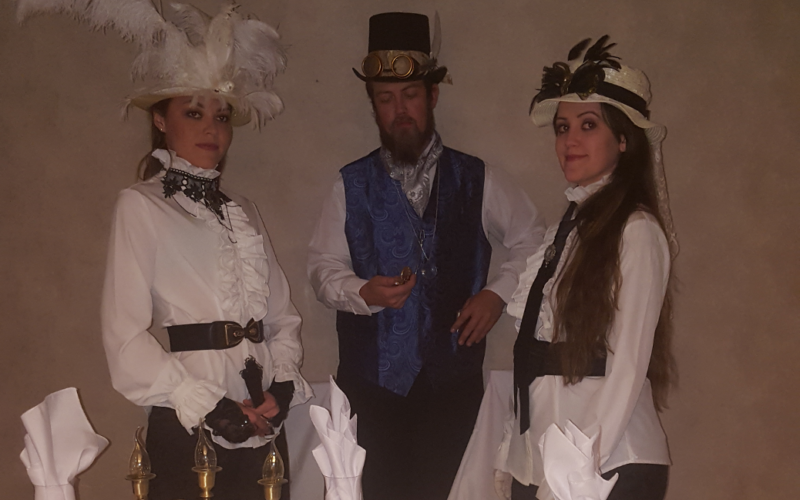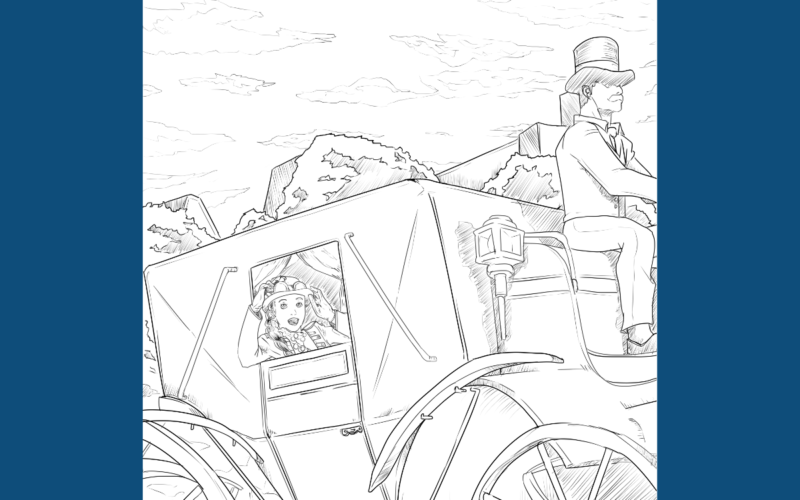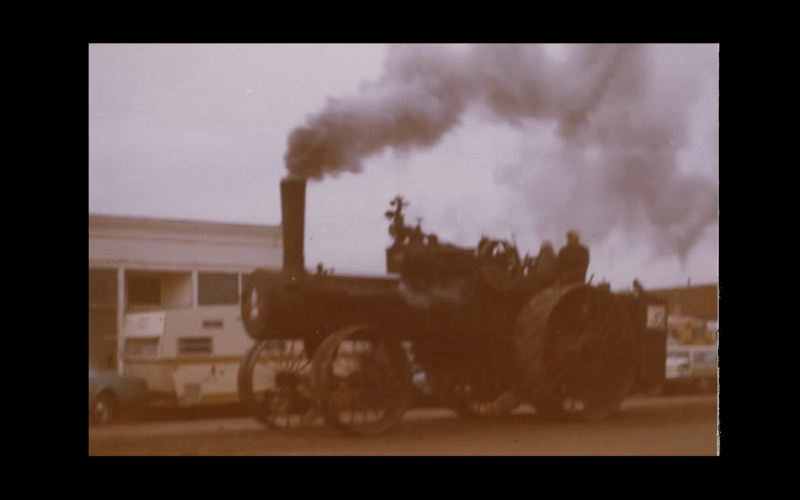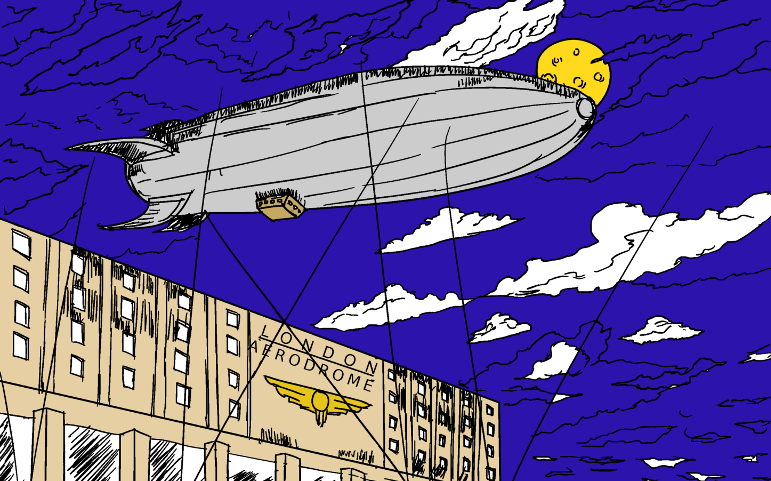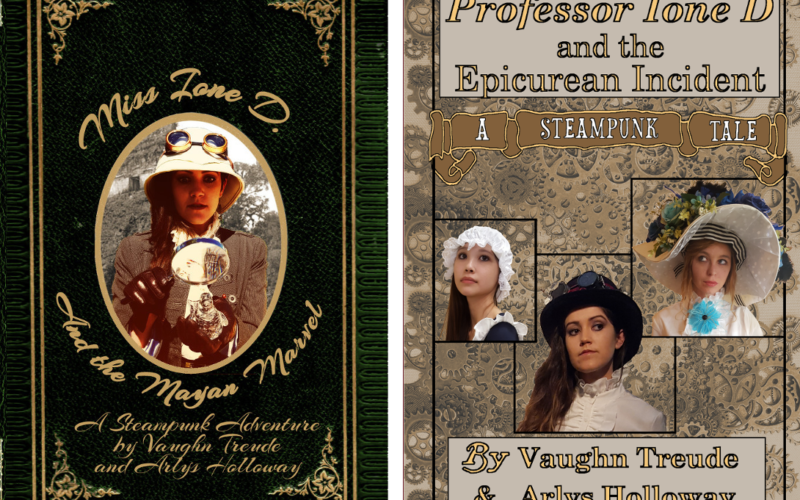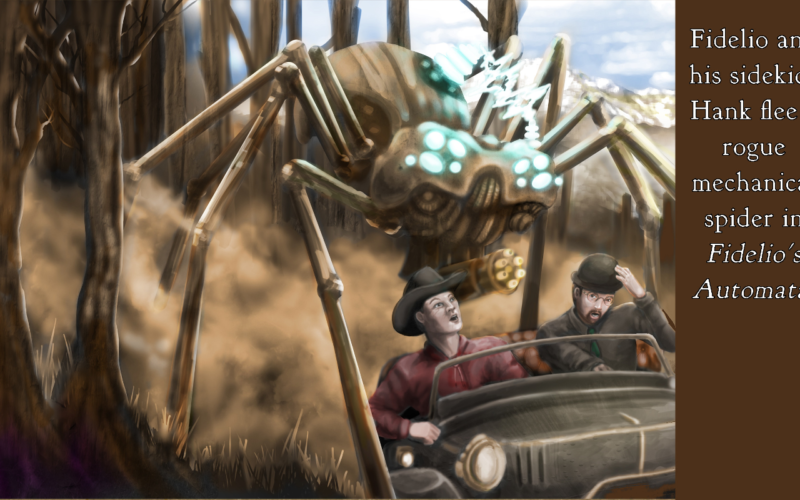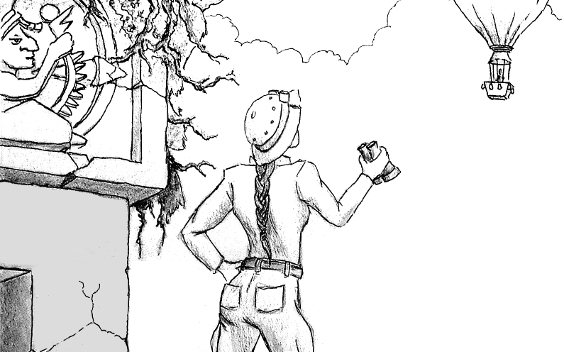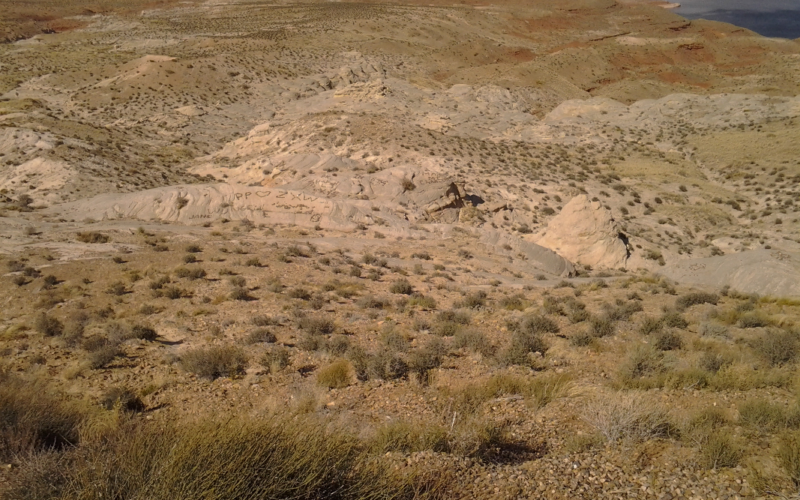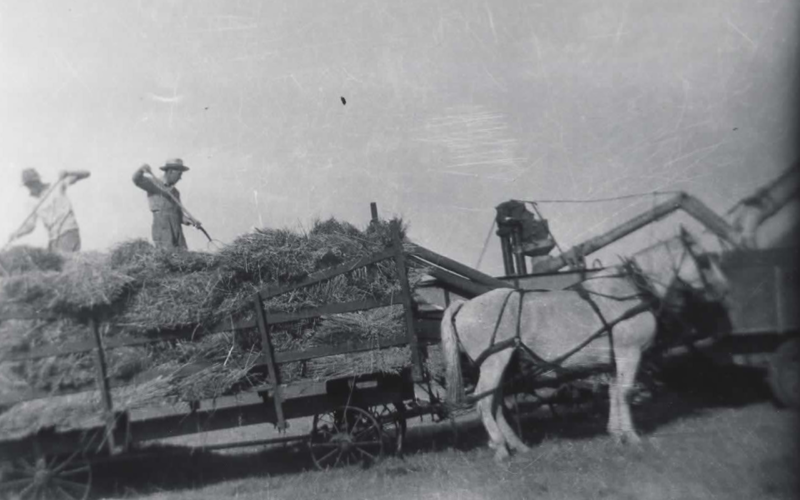
In the early 1980’s, renowned sci-fi writer Jerry Pournelle compiled the first in a series of story collections with a military theme. For several years they came out regularly until the end of the Cold War seemed to make the series obsolete. Though I hadn’t been interested at the time, my interests have broadened since then. Lately, I’ve been working on a military-related novel of my own (I’ll update you in future posts) so the more I read in that genre, the better.
Recently, Finnish publisher Castalia House obtained the rights to reprint the series. The Volume 2 ebook was part of a free promotion, so I downloaded it, skipping #1 for the time being. The book is a collection of mostly short stories interspersed with some military-related essays and a few poems. Each entry has an introduction by Pournelle, sometimes about the story itself but more often discussing related topics. As with most collections, the variety makes it interesting. Differing subject matter and writing styles made some entries more enjoyable than others.
My favorite stories include “Time Lag” by Frederick Pohl, about an unprovoked attack on a green and peaceful world by its overpopulated, irresponsible neighbor and “Final Muster” by Rick Rubin about a future in which armies are kept in suspended animation between wars. Frederic Brown’s “The Weapon” has a surprisingly anti-war message, and Edward P. Hughes’ “In the Name of the Father” is an intriguing post-apocalyptic tale. “…And Baby Makes Three” by [name] is the true story of a Vietnamese journalist’s politically-motivated arrest after the fall of Saigon. That one is a fascinating portrayal of the heartless bureaucratic stupidity of the Communist regime. It also contains essays about the technological arms race and the need for a missile defense system. These were interesting mainly for their historical context.
For me, however, the most entertaining parts were Pournelle’s introductions which often mused on the Communist threat – a threat that would disappear a mere 8 years later. I’m not dissing the late great sci-fi master since almost nobody saw that coming. More than once, he repeats the conservative canard about how the US lost the Vietnam War due to the treachery of the “anti-war” media. I’ve always rejected that argument as far too simplistic, especially since it ignores the question of whether the war was worth fighting at all. He also says that the US won every major battle, but a guerrilla war is not won in battles in the traditional sense – see the writings of William S. Lind on that topic. Obviously, Pournelle knew far more about war than I ever will, but I think there was a lot of willful blindness in the American right in those days.
All in all, I’m glad Castalia House brought this series back. The book is a great read for any science fiction fan, not just fans of military sci-fi. The non-fiction essays, however, are liable to bore anyone but a history buff like myself. I give this book a rank of 4 out of 5 stars.

